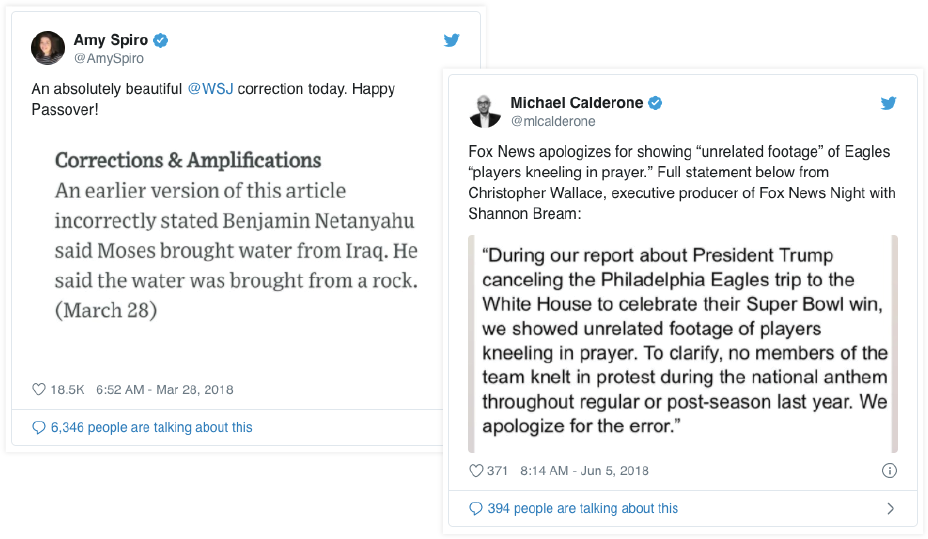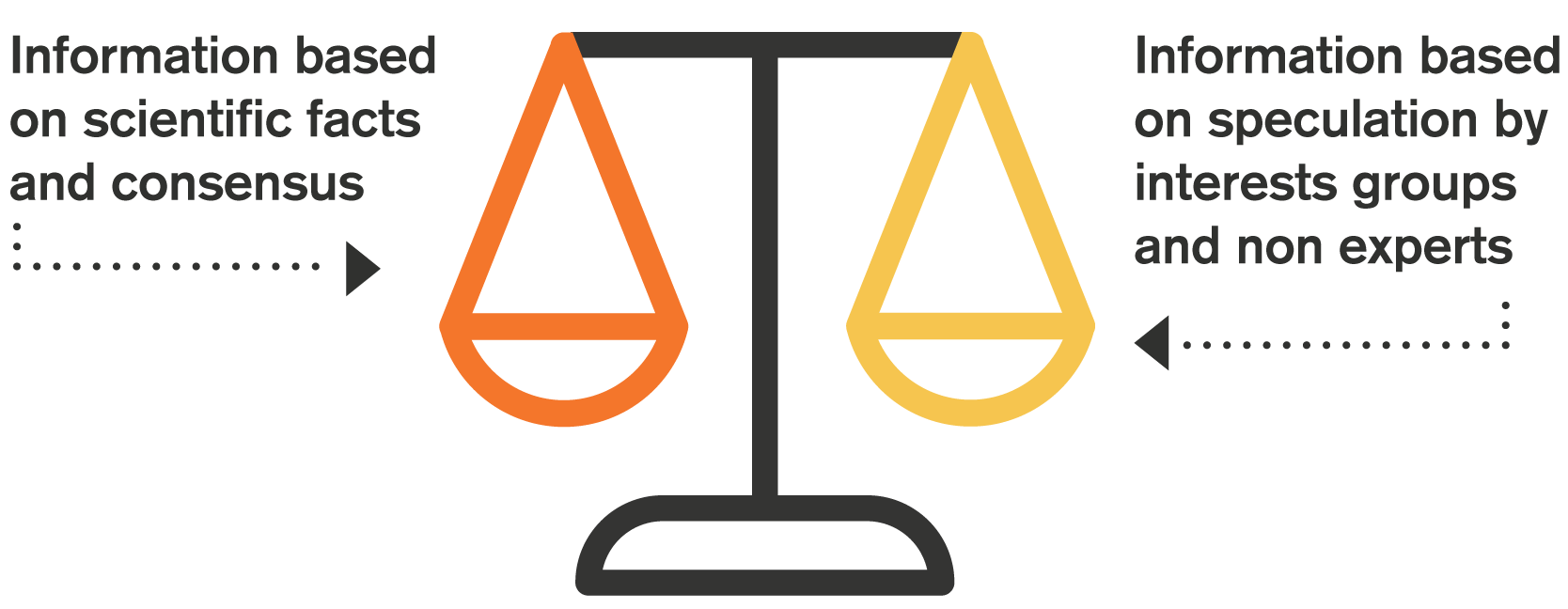Be skeptical
We can never take for granted that what we read, see or hear from media sources of any kind is fully trustworthy. This caution applies to every scrap of news and information that comes our way, including from:
-
Traditional news organizations
-
Online-only news sites
-
Online videos
-
Facebook updates
-
Tweets
-
Emails, etc.
Even our most typically trustworthy media outlets get things wrong from time to time. Most journalism is done on the fly, on deadline, and that’s a recipe for mistakes.

The only rational approach is skepticism. We’re all getting better at being skeptical, which is wise — to a point.
It’s not surprising that more and more of us are giving in to the temptation to be downright cynical. Institutions we once trusted have done some unworthy things. In too many cases, greed and zealotry have prompted lies and manipulation to further personal and political goals. Sadly, too many of the people who should have been pushing back the hardest — including some of our top journalists — have failed us in that role.
The two-sides fallacy
Another reason to be skeptical is modern journalism’s unfortunate tendency to assign apparently equal weight to opposing viewpoints when one is backed up by evidence and the other is not, or when the “sides” are overwhelmingly mismatched. This is often called “providing balance” by journalists who are typically afraid that one side in a political debate will accuse them of being biased in favor of the other side. It is not “balanced,” of course, to quote a supposition or a blatant lie next to a proven fact and treat them as having equal weight.
To use an admittedly extreme example, when you’re doing a story about the Holocaust, you don’t need to balance it by quoting a neo-Nazi. Nor is it “showing balance” to quote a climate-change denier in every story about global warming — not when climate scientists have concluded with rare, near-universal agreement that climate change is not only real but presents an existential threat to civilization and species as we know it.
False equivalence

Sometimes the people spreading misinformation genuinely believe in what they say, even if they promote non-factual “evidence” for their arguments or twist actual facts to fit a false narrative. Worse are the paid liars: the people whose jobs involve the manufacture of fear, doubt, and uncertainty about truth. The tobacco industry’s long and infamous record of denying and obfuscating the dangers of its products is just one example of a case where deep pockets were enough to forestall, but not ultimately prevent, wider public understanding.
